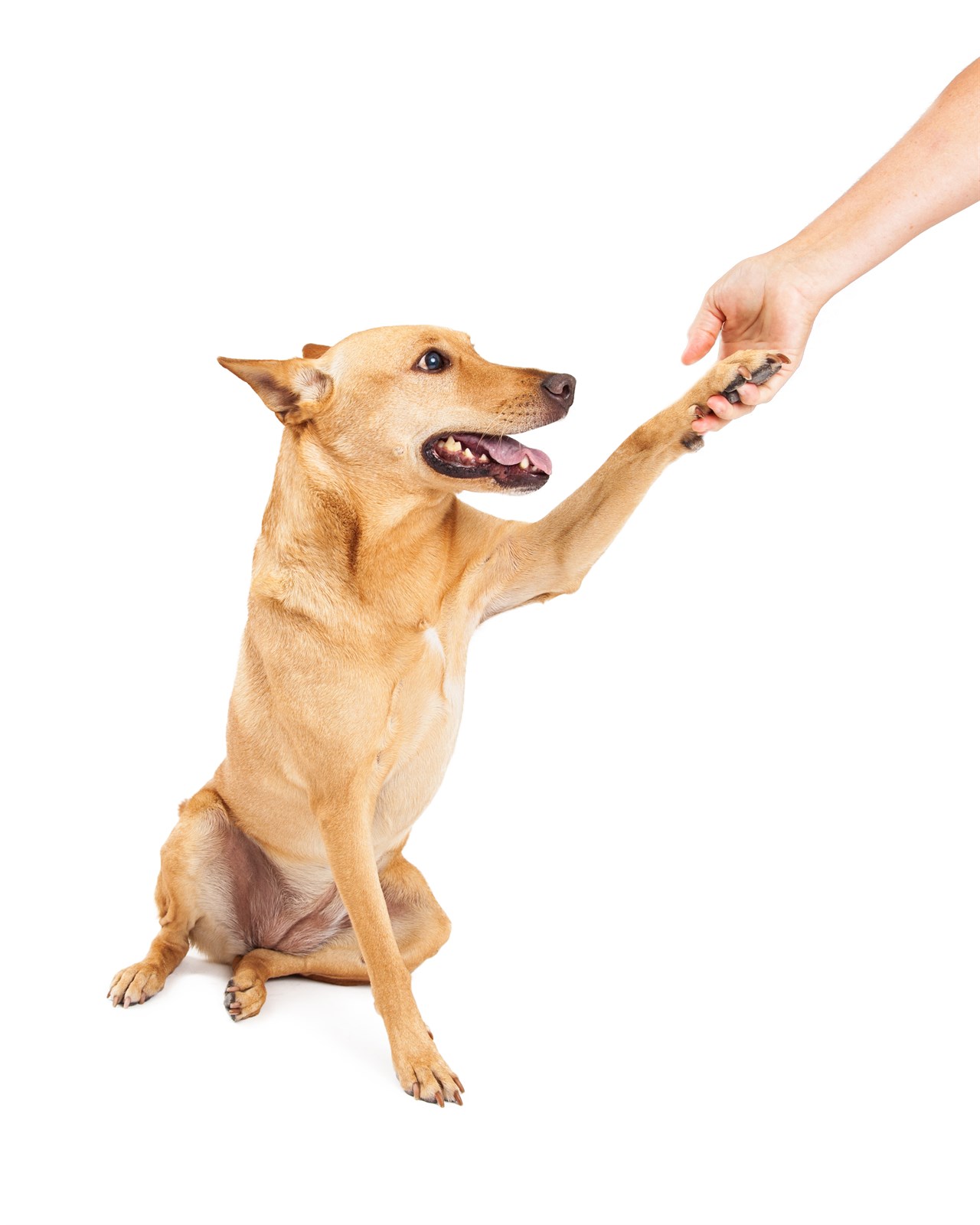The Vocal Symphony: Understanding the Barking Habits of Carolina Dogs

Carolina Dogs, with their ancient lineage and unique instincts, bring a distinctive vocal repertoire to the table. While they are not excessive barkers by nature, understanding their communication style and the reasons behind their vocalisations is key to fostering a harmonious relationship.
Communicative Canines: Why Carolina Dogs Bark
Barking is a natural form of communication for dogs, and Carolina Dogs are no exception. They use barks, howls, and other vocalisations to express various emotions and needs. Understanding the context of their barking can provide insights into their well-being and enhance the communication between the dog and its owner.
Watchful Guardians: Alert Barking
Carolina Dogs, with their innate guarding instincts, may bark to alert their owners to potential threats or unfamiliar situations. This watchful behaviour makes them effective watchdogs, and their barking serves as a form of protection for their home and family.
Expressing Emotion: Excitement and Playful Barking
Like many dogs, Carolina Dogs may bark out of excitement or during play. This type of barking is often accompanied by tail wags, a playful demeanour, and serves as a way for them to express joy and enthusiasm.
Loneliness or Anxiety: Barking for Attention
Carolina Dogs are social animals, and if they feel lonely or anxious, they may bark to seek attention. This behaviour can be addressed through proper socialisation, providing engaging toys, and ensuring they have sufficient mental and physical stimulation.
Territorial Communication: Barking to Establish Boundaries
Carolina Dogs may bark to mark their territory or establish boundaries. This is a natural behaviour rooted in their wild ancestry, where establishing and defending territory was essential for survival.
Managing Barking Behaviour: Tips for Owners
- Positive Reinforcement: Use positive reinforcement to encourage desired behaviour. When your Carolina Dog remains calm in a situation that would typically trigger barking, offer treats and praise.
- Socialisation: Expose your dog to various people, environments, and situations from an early age. This helps reduce anxiety-related barking.
- Provide Mental and Physical Stimulation: Carolina Dogs thrive on mental and physical challenges. Engage them in activities such as puzzle toys, scent games, or agility exercises to keep them stimulated and content.
- Addressing Loneliness: If your dog barks due to loneliness, ensure they have companionship, either from family members, other pets, or engaging toys. Consider enrolling them in doggy daycare if needed.
- Professional Guidance: If excessive barking becomes a concern, seek advice from a professional dog trainer or behaviourist. They can provide tailored solutions to address specific issues.
Conclusion: Harmony in Vocalisation
In conclusion, the barking habits of Carolina Dogs are a dynamic expression of their emotions, instincts, and needs. Understanding and respecting their vocal nature allows for effective communication and strengthens the bond between these remarkable dogs and their human companions. By working together to manage barking behaviours, owners can create a harmonious living environment where the Carolina Dog's unique voice becomes an integral part of the shared conversation.
Carolina Dog puppies for sale
- Find Carolina Dog puppies for sale in ACT
- Find Carolina Dog puppies for sale in NSW
- Find Carolina Dog puppies for sale in NT
- Find Carolina Dog puppies for sale in QLD
- Find Carolina Dog puppies for sale in SA
- Find Carolina Dog puppies for sale in TAS
- Find Carolina Dog puppies for sale in VIC
- Find Carolina Dog puppies for sale in WA